Lexus is showcasing its vision for the future of vehicle seating with the world premiere of its Kinetic Seat Concept at this year’s Paris motor show
https://youtu.be/YpCSOFvl4X0
In the human body, the spine acts to keep the head stable; it allows the pelvis and chest to rotate in opposite directions while keeping the head in place, even when walking or jogging.
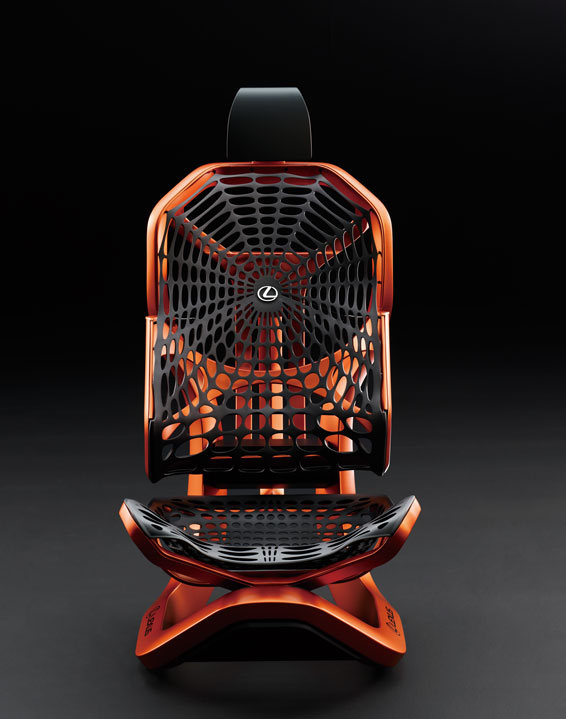
Lexus has sought to recreate this movement with its Kinetic Seat Concept, in which the seat cushion and back rest are designed to move in relation to occupant weight and external force. Thus, simply sitting in the seat helps stabilise head movement caused by the motion of the vehicle, keeping the occupant’s field of vision steady and making driving easier and more comfortable.
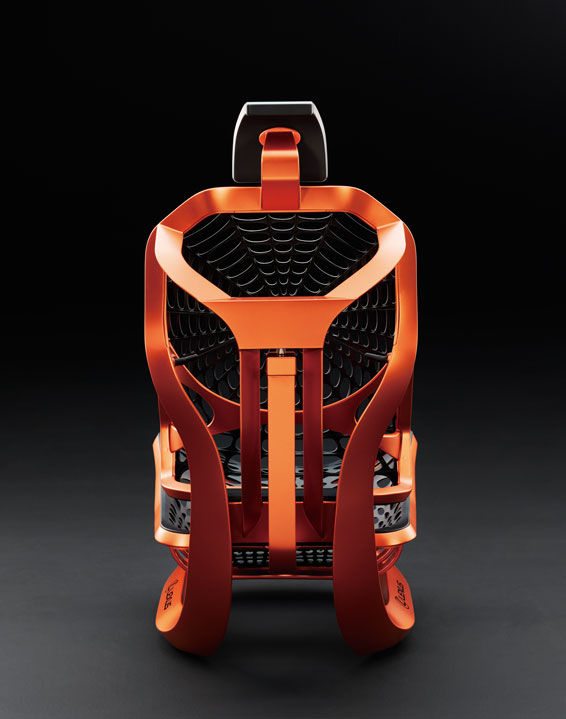
The seat frame upholstery consists of a spider’s web-pattern net with threads that radiate from the centre of the back rest. The net is flexible enough to closely fit the shape of the occupant’s body, dispersing the load to make it possible to sit comfortably for prolonged periods.
The centre of the back rest is at shoulder blade height, which induces rotational movement of the chest around the seat’s pivotal axis. This helps keep the head stable and ensure a high level of support. The seat has a slimmer design, which helps reduce the vehicle’s overall weight.
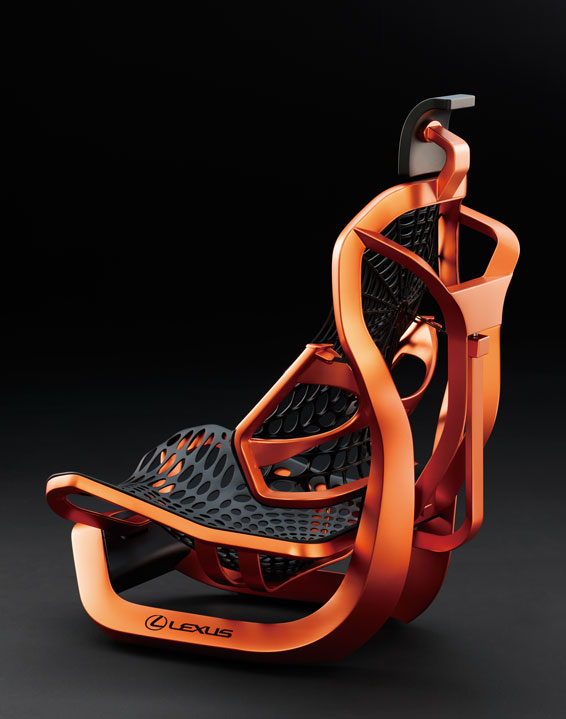
The threads that form the back rest’s spider’s web-pattern construction are made from environmentally friendly synthetic spider silk materials*, instead of petroleum-derived substances. The main component of this material is protein, created using microbial fermentation, then spun and processed into a new material with superior shock absorption (toughness) properties.
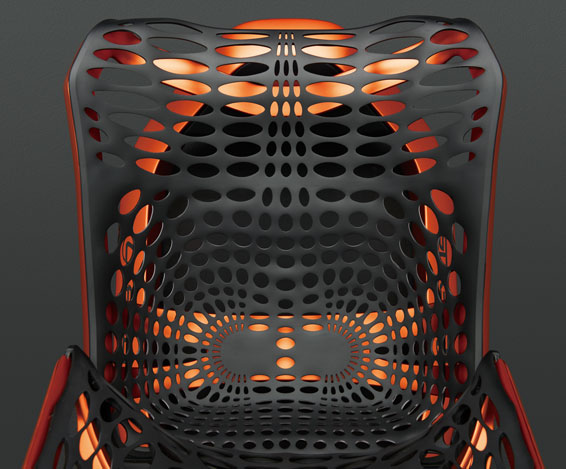
*QMONOS™ material developed by Spiber Inc.
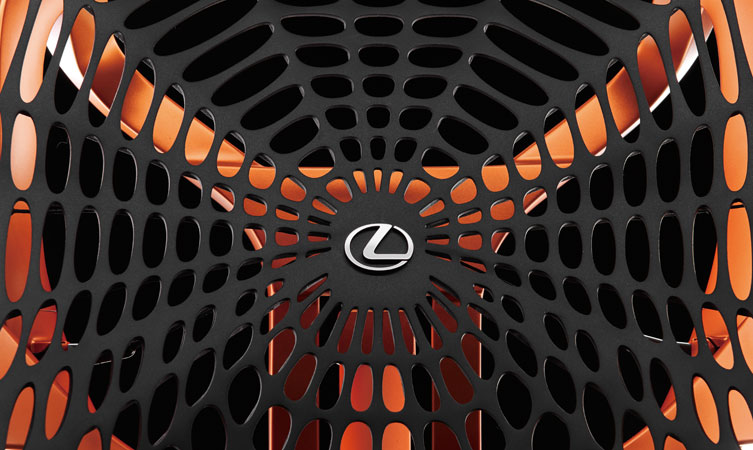



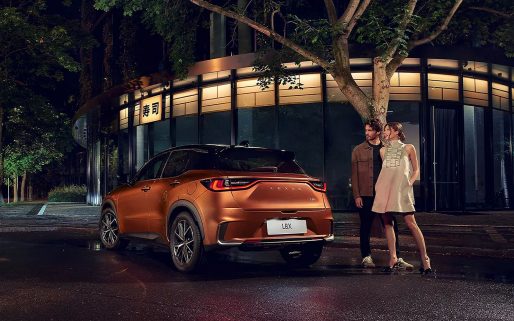
Very intriguing! If you need a wobbly, pasty Nordic bottom to test it, I hearby volunteer. 😉